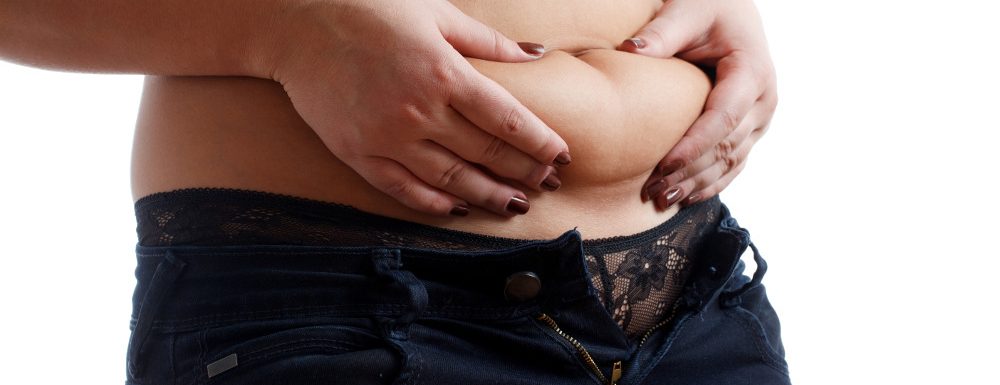
Women who are overweight or obese often struggle to fall pregnant. This is because their excess fat affects the metabolic system, making conception difficult or, sometimes, impossible. There have now been significant studies to demonstrate that women who lose weight following a lap band or gastric bypass, have a greater chance of falling pregnant as well.
That being said, there are some questions about whether this will lead to a healthy pregnancy. Women often worry that the fact that they can only consume limited amounts of food, which they often have to supplement to meet vitamin and mineral requirements, will mean that it is hard to have a healthy pregnancy. It now seems that these worries are unfounded.
Healthy Pregnancy After Bariatric Surgery
In November 2008 a new study was published by the Journal of the American Medical Association about the risk of complications during pregnancy in post-bariatric surgery women. What they found was that these women were at less chance of developing complications than obese women. It also found that 50% of women who have had the surgery are of childbearing age, and this percentage is rising. The study noted some important trends:
- If women had a lap band, they were at a reduced risk of developing gestational diabetes and preeclampsia, compared to obese women who had not had a lap band.
- Women who had bariatric surgery before falling pregnant had as much chance as obese women of experiencing a premature delivery.
- Babies born to mothers with a lap band were of a lower risk of having low birth weight, or high birth weight, than those born to obese mothers.
- There was no difference in birth weight outcomes between women who had a gastric bypass and women who had never been overweight.
Women who have had the surgery are rightfully concerned about having sufficient nutrients in their body to support a pregnancy. The study did report that some women had experienced severe nutritional deficiencies. That being said, these women were also found not to take the recommended vitamin, mineral, and protein supplements. Insufficient evidence was collected to be able to determine whether or not nutritional deficiencies were common in post-bariatric women.
Any pregnant woman should take prenatal multivitamins. If the woman in question has also had some form of gastric surgery, they should also take increased levels of iron, calcium, and folic acid. This will help avoid certain deficiencies.
While it is certainly recognized that there are risks associated with pregnancy after bariatric surgery, the overall verdict seems to be that it is safer to have a baby after surgery, than to have one while being obese. Having the surgery means a woman is more likely to conceive, and the pregnancy itself has fewer risks of complications associated with it.
A final point to note, however, is that a wish to conceive should always be discussed with the bariatric surgeon. Those who have had their surgery through Stop Obesity For Life are encouraged to use their website’s contact form, http://bariatric.stopobesityforlife.com, to discuss the possibilities.

Leave a Reply